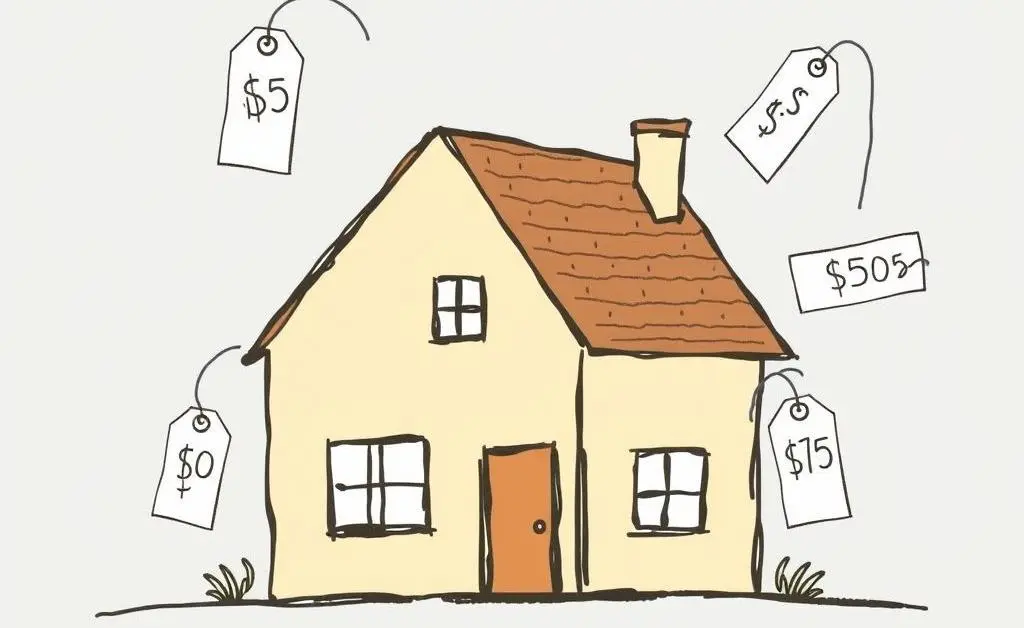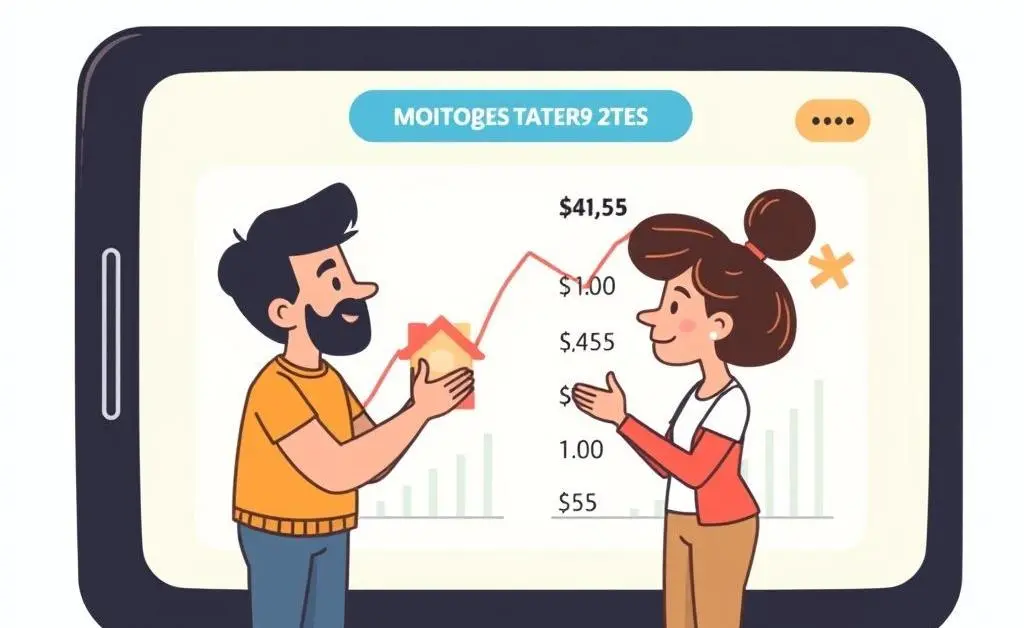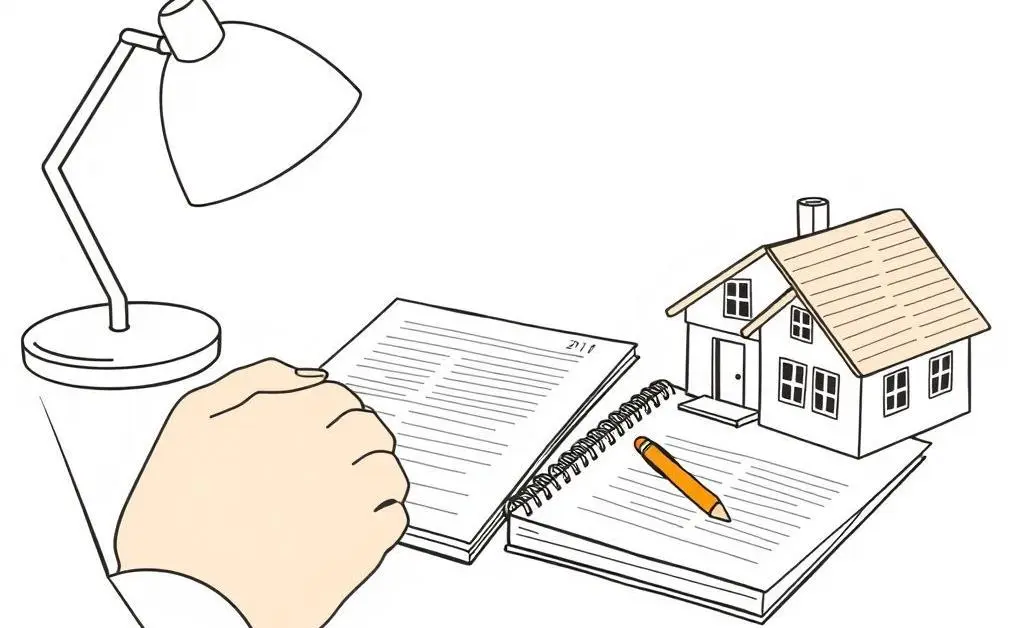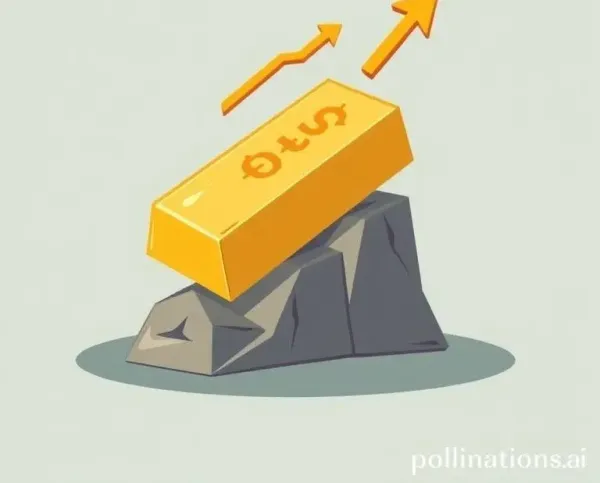Decoding Mortgage Rates: Your Friendly Guide to Making Informed Choices
Unlock the mystery of mortgage rates with easy-to-understand insights and practical tips.

Ah, mortgage rates. Even the term can make a cloud of question marks form above our heads. But don't worry; I'm here to help unravel this mystery with you. Whether you're a first-time homebuyer or looking to refinance, understanding how mortgage rates work and how they affect you is crucial.
What Are Mortgage Rates and Why Do They Matter?
Simply put, a mortgage rate is the interest rate charged on your loan. It's what you'll pay, in addition to the principal borrowed, over the life of your loan. These rates are determined by a mix of economic factors like the Federal Reserve's rates, inflation, and the overall strength of the economy. They're crucial because they significantly impact your monthly payments and the total cost of your loan.
Factors Influencing Mortgage Rates
- Credit Score: Lenders view your credit score as an indicator of your financial responsibility. Better scores typically earn you lower rates.
- Loan Amount and Down Payment: The more you borrow relative to your home's value (known as your loan-to-value, or LTV, ratio), the higher your interest rate might be. Conversely, a sizeable down payment can help in securing a lower rate.
- Loan Type: Fixed-rate mortgages offer stability while variable rates may offer initially lower payments but can fluctuate over time.
Should I Choose a Fixed or Variable Rate?
It's a question many face when stepping into the homebuying world. Fixed rates offer stable payments over the life of the loan, perfect for budgeting and peace of mind. Variable rates, meanwhile, start lower but can adjust with market conditions. If you're planning to stay in your home long-term, a fixed rate might be your friend. On the other hand, if you're expecting to move or refinance in a few years, a variable rate could save you money.
Common Concerns About Mortgage Rates
Many worry about locking in rates: How soon do you need to do it? Well, many lenders offer a 'lock-in' at the time of application, which protects you from market fluctuations while your loan is processed. But keep in mind, locking in too early or too late could be a gamble.

Tips for Securing the Best Mortgage Rate
Don't let mortgage rate anxiety get the best of you. Here are some tips to help you navigate:
- Improve Your Credit: Pay down debts and resist opening new credit lines before applying for a mortgage. This can help boost your credit score.
- Shop Around: Different lenders offer different rates. Compare multiple offers to find the most advantageous deal.
- Consider Mortgage Points: Buying points can lower your interest rate by paying more upfront. This can be helpful if you plan to stay in your home for many years.

The Takeaway
Understanding mortgage rates involves a bit of homework, but it's worth it for the peace of mind it offers. With a keen eye on factors affecting rates and some savvy shopping strategies, you'll nab the best possible deal for your dream home. Are you in the process of securing a mortgage? What strategies are working for you? Let me know in the comments!





